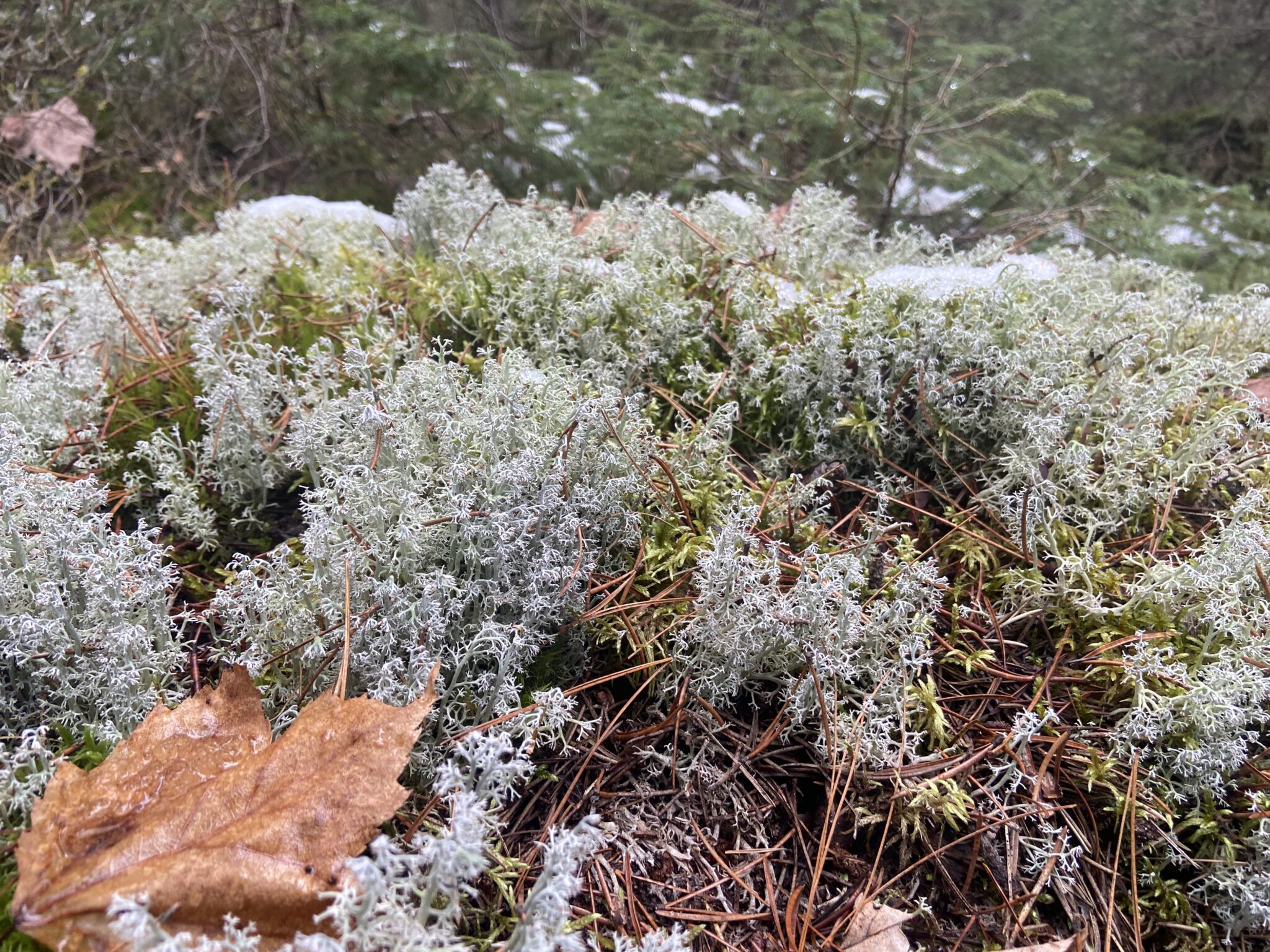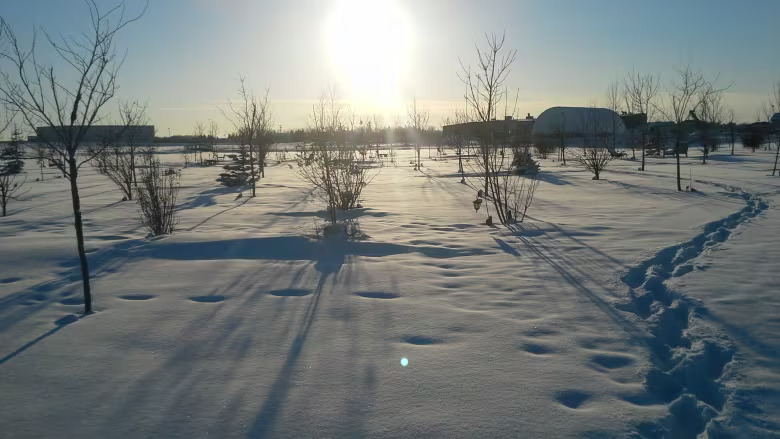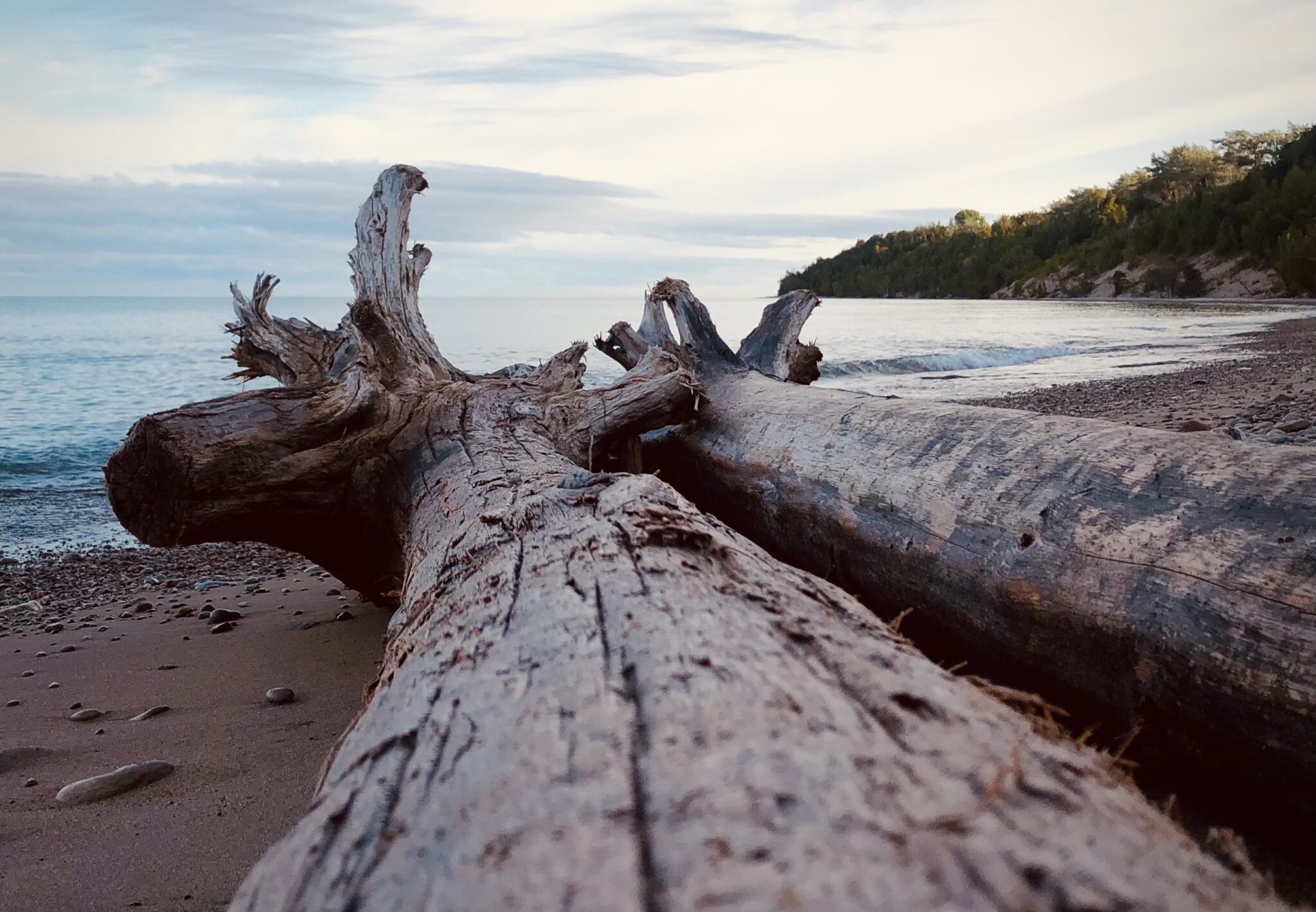Posts Tagged ‘loss of a parent’
Keeping Records
By Alyssa Warmland
I pulled the photos out of their envelope one at a time, turning over each one to carefully record the date, place, and people in the photo. Sometimes, I included comments. “Apple picking in Hamilton with Pop Pop, Fall, 2023. You loved the wagon ride!”. I slipped each picture into an empty pocket in my son’s photo album.
Next, I pulled out the baby book I’ve kept since before he was even earthside. I flipped to a page at the back to record an appointment, a new adventure with a forest homeschool group, and milestones.
When I tell other people my age about these rituals, they tend to share that they wish they were better about printing pictures and writing in their kids’ baby books. I’ve always enjoyed documentation, an avid journalkeeper as long as I’ve been able to write. I’ve considered this another extension of that interest. It wasn’t until earlier this week that it hit me- I keep these records so that if I die while my kid is young, he will have access to this information.
When I was 14, my mom was diagnosed with terminal cancer. I remember the day my dad picked me up from school and told me the results of the biopsy. I remember riding beside him in the passenger seat and thinking, “She’ll never meet my kids. She won’t be at my wedding. She won’t see me graduate.” All the milestones we would spend apart ran through my head. In the years since her death, I’ve consulted my baby book and read, over and over, the notes she wrote to me.
When my son was born and I became a mother, I read the notes in my book. When he started getting teeth, I turned to my (and my brother’s) books to find out when we got our teeth. I’ve looked up when we potty trained, what our sleep was like, about her breastfeeding experiences, when we started going to the dentist, and, most recently, upon learning that I was expecting another baby, what it was like when my mom brought my brother home. Not all, but some, of my questions I wish I could ask her about were answered in this record she lovingly kept.
As I write in my son’s books and caption the photos I’ve printed, I honour her, my child, and my own mother/child self. I hold space for my grief and for her memory. I continue a tradition of mothers keeping records to pick up when our babies need them.
Mourning a Man I Never Knew
By David Newland
The following blog post is a reworking of a post originally written in 2005 under the same name on his website.
This spring, I turned fifty-four. I have now outlived the father I never knew: my biological father. It’s been almost twenty-three years since we spoke; eighteen years since I learned of his death. I’m still dealing with the strange grief of his loss.
As an adoptee, I always had questions about my origins that my loving, caring adoptive parents couldn’t answer. In my twenties, I applied to Child Services for more information, and after eight years of waiting on my part, they did a search in 2000. After some effort, they couldn’t find my birth-mother, but quickly produced contact info for my biological father. They offered to put us in touch.
After jumping through a few official hoops, we emailed back and forth a bit, and finally, we spoke on the phone, maybe three times in all.
I can’t even describe what that was like – intense, starkly honest, humorous and deep. Here was a man who had made most of the same mistakes I had, only far worse. Depression, drugs, divorce. Family problems. Anger management. Women. He hid nothing, as far as I could tell, although his stories sometimes conflicted.
I didn’t hold anything back either. I insisted that he honour my experience as an adoptee. It wasn’t easy for me, handling the big hole in my life. He had a hard time understanding that. He said his own kids had it a lot worse than me. He was right, but that wasn’t for him to say. I heard it from them.
It was good to connect, but I knew he wasn’t good for me. I chose not to pursue further connection. I knew he was out there. He knew where I was.
There was no contact for a few years. And then one day, in January of 2005, I found out he was dead. I was online at work, looking for some information on the original (Polish) spelling of his last name, and wham! the first thing that came up was a memorial page. He had died, nearly a year before, in March 2004, aged 54.
I never knew him in life. I still don’t know him in death. But I’ve been grieving him for a long time, in my way.
In 2016, still reckoning with the hole he left, I went to Red Deer to find his grave. I narrated that journey in a CBC radio documentary, The heartache and healing of finding my birth father. I never found a grave: only my own shadow over a four-by-four stake in the ground. I did enjoy a delicious steak sandwich at a local hotel restaurant he was fond of.
I’ve been back to Red Deer twice since then. The last time I went, even the stake was gone. And so was the steak sandwich, restaurant, hotel and all.
The picture on the memorial page linked above is the only likeness I ever saw of my birth-father. I always thought I saw my face in his. Now, having reached his age, I see his face in mine.
Learning from Grief
By Noelle Bailey
Grief is weird. Odd start, I know, but that was the sentence I used a lot whenever someone asked me how I was. It was never a constant feeling; it changed day to day. And still does. It’s the full gambit of emotions from sadness to anger to guilt and, though dark, even humour found its way in.
In December of 2019, I lost my father. His health had been declining for several months, and we had started the process to diagnose and begin treatment for what we knew was probably cancer. At his first appointment with his oncologist, he was immediately admitted to the ER. By the next day he was on a ventilator, and within twelve days they came to tell me that the cancer had spread everywhere. We had lost a fight we hadn’t even really begun. In March of 2022, my mother passed away after a 14 year fight with MS. It was a much different process to lose her by degrees over those 14 years, witnessing her own body turn against her while powerless to do anything to stop it.
Those are my two experiences with the strangeness of grief. They were vastly different experiences, but also similar in that they cut me in two and changed my life.
The two biggest things I’ve taken from my grieving process are these:
1. I will, for the rest of my life, miss the conversations we will never have. There are books I’ve read since they left that I would love to talk to my mom about. My dad never got to hear about my new job, and he would have loved it. Pictures people have brought me that I can never ask them about, stories I missed out on hearing. The moments of my life, big and small, that they won’t be here for is the part that takes me under every time.
2. I can grieve however I need to. It doesn’t need to look a certain way or be anything other than what I need. I struggled a lot after losing my mom with the idea that I wasn’t sad enough or broken enough because after watching her long hard battle there was a certain peace lacing itself through the pain. When we laid my parents to rest in the cemetery next to my grandparents, we played “The Rainbow Connection” sung by Kermit the Frog because that’s what my mom had always said she wanted to play to say goodbye. Then my husband, Cale, and I did a shot of Jack, like my dad and Cale did when they went out for my dad’s 60th.
I’ve never been very good at setting boundaries in my life, but I tried very hard to make sure I set them surrounding my grief. To let myself do whatever I needed to process the loss of my parents and not to let anyone tell me I should be acting or feeling a certain way. I laughed at things they would have laughed at, and when I needed to, I cried. I am slowly learning how to live in a world without my parents, and know that I will be for the rest of my life.



